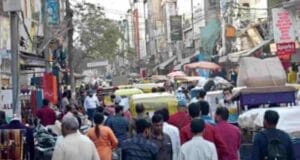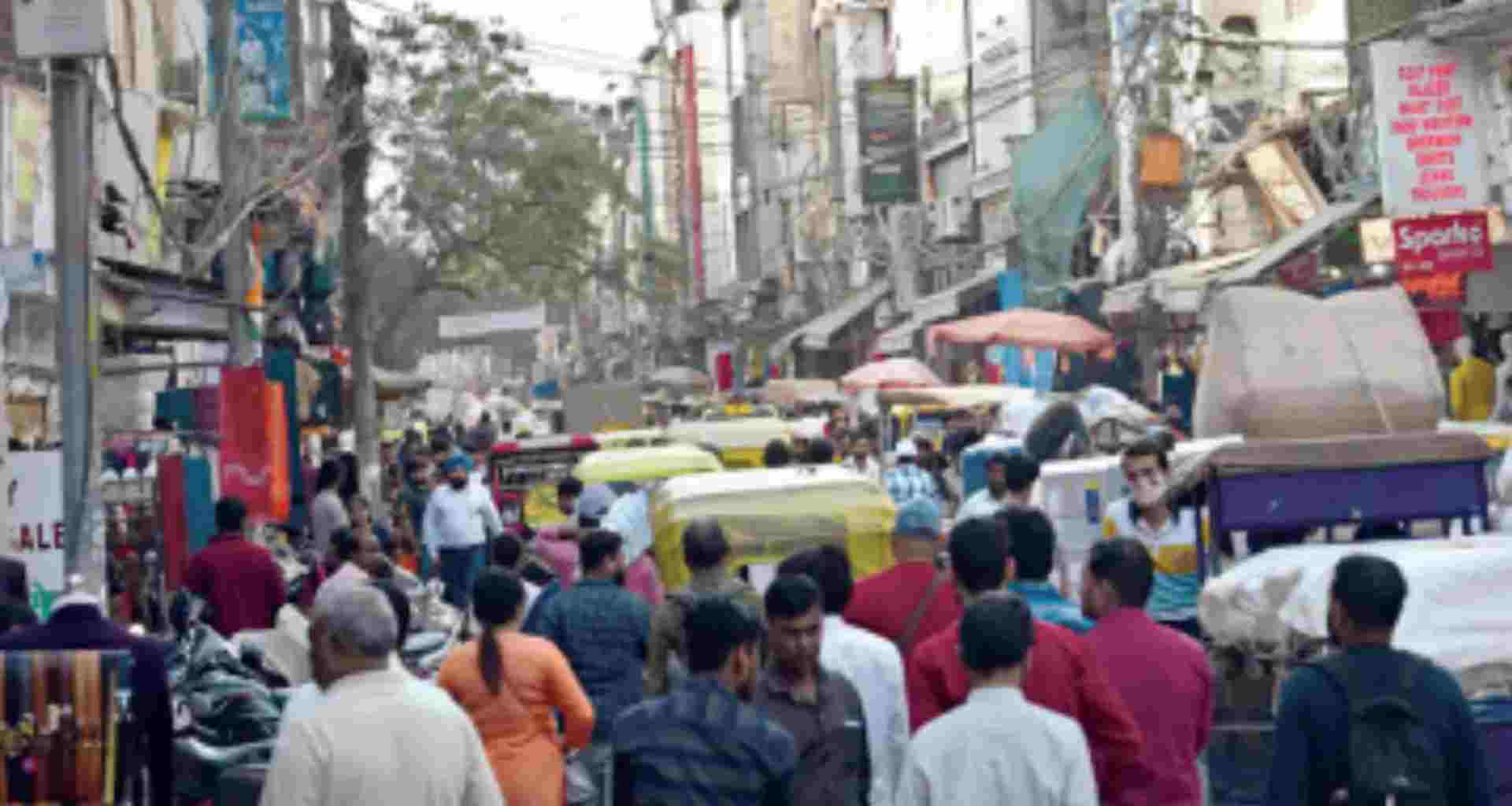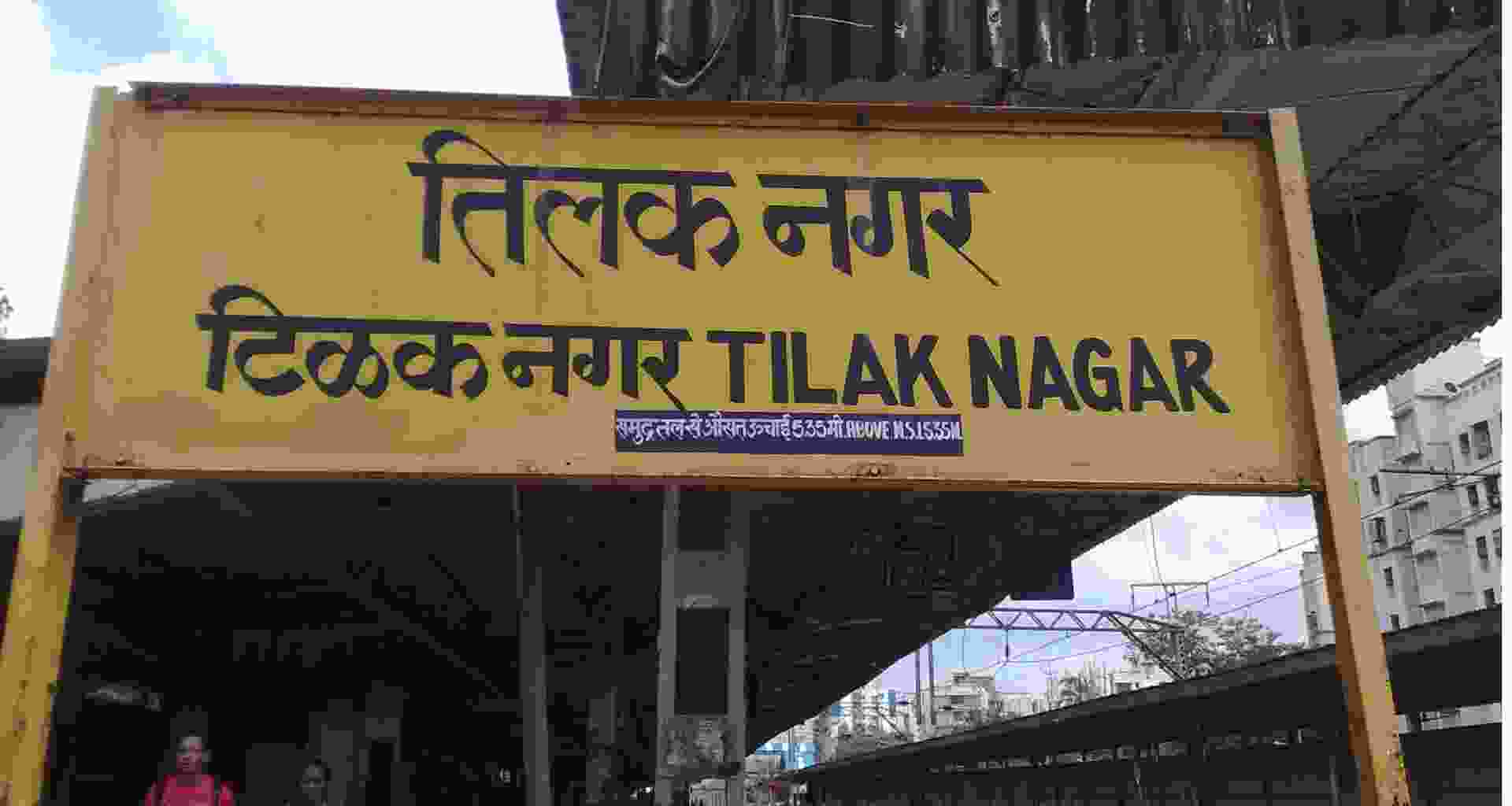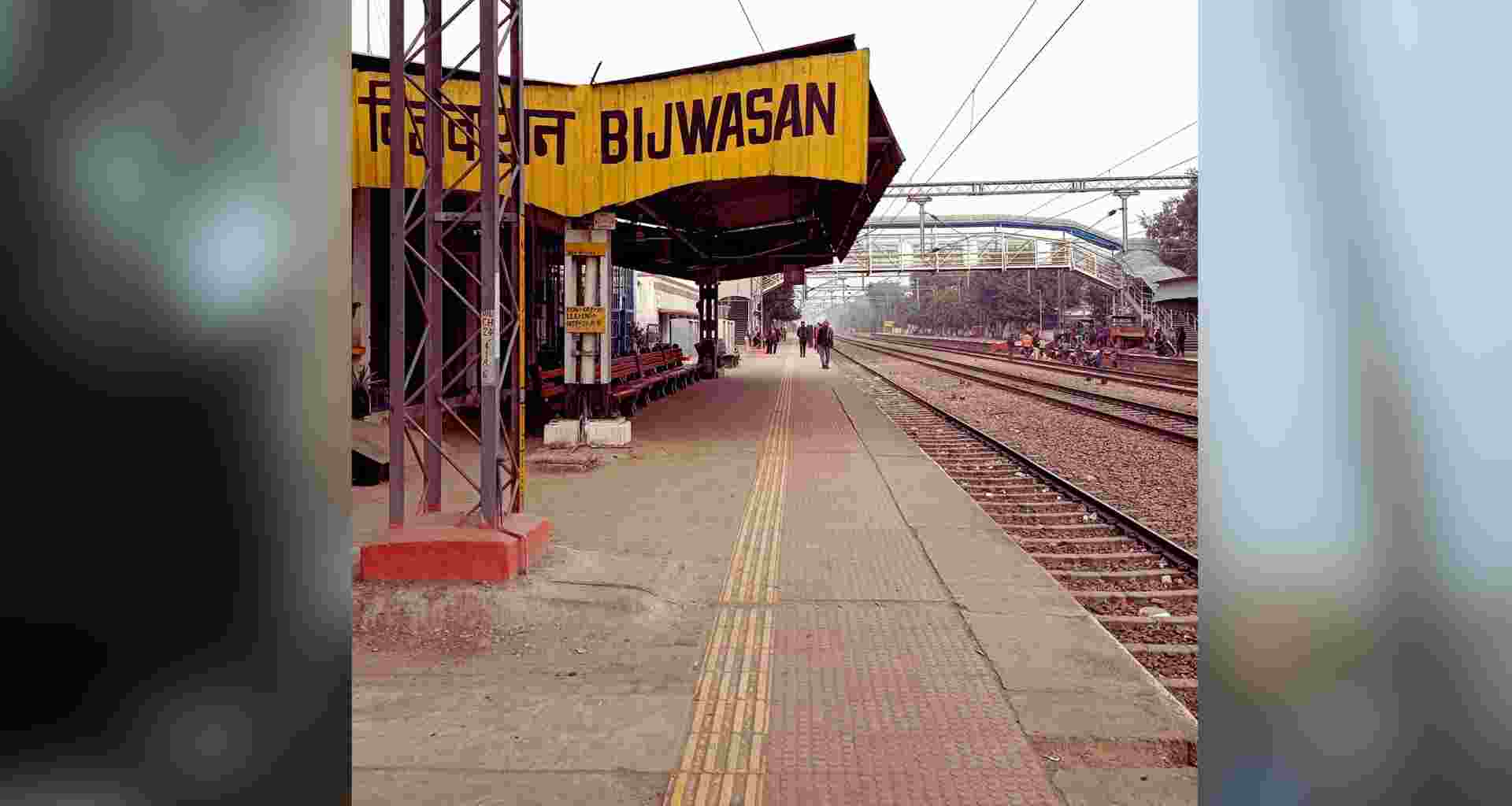The Gandhi Nagar Assembly Constituency is one of the 70 legislative assembly seats in Delhi, India. Situated in the East Delhi district, it is a significant electoral area that falls under the East Delhi Lok Sabha constituency. Over the years, this constituency has seen fluctuating political trends with parties like BJP, INC, and AAP contesting for dominance. The following article dives into the election history, voter demographics, political trends, and results, all of which help understand the dynamics of the Gandhi Nagar Assembly seat.
Election History of Gandhi Nagar Assembly Constituency
The Gandhi Nagar constituency has witnessed several political shifts since its inception. The election results showcase how different political parties have made their mark over the years. Here’s a look at the key election outcomes.
1993 Delhi Assembly Election Results
In the 1993 Delhi Assembly elections, the BJP candidate Darshan Kumar Bahl emerged victorious, securing 46.76% of the votes. His nearest rival, Pyare Lal Ghee Waley from the Indian National Congress (INC), garnered 40.86%. This marked a shift in the constituency’s political landscape.
| Party | Candidate | Votes | % | ±% |
|---|---|---|---|---|
| BJP | Darshan Kumar Bahl | 23,093 | 46.76% | – |
| INC | Pyare Lal Ghee Waley | 20,176 | 40.86% | – |
| JD | Chowdhary Dharam Singh | 3,703 | 7.50% | – |
1998 Delhi Assembly Election Results
In 1998, the INC returned to power with Arvinder Singh Lovely. He secured 41.67% of the votes, while his nearest competitor, BJP’s Swinderjit Singh Bajwa, received 28.81%. The result marked a swing of +6.96% towards the INC.
| Party | Candidate | Votes | % | ±% |
|---|---|---|---|---|
| INC | Arvinder Singh Lovely | 21,905 | 41.67% | +0.81% |
| BJP | Swinderjit Singh Bajwa | 15,143 | 28.81% | -17.95% |
| Independent | Raghuvir Singh Jain | 8,144 | 15.49% | – |
| Independent | Naveen Chaudhary | 5,159 | 9.81% | – |
2003 Delhi Assembly Election Results
In 2003, Arvinder Singh Lovely from the INC won decisively with 73.53% of the votes, marking a massive victory over BJP’s Tarjeet Singh, who only secured 24.25%. This result was a clear indication of the INC’s stronghold in the region at the time.
2008 Delhi Assembly Election Results
The 2008 Delhi Assembly elections saw Arvinder Singh Lovely of the INC retaining his seat with 64.25% of the votes. BJP’s Kamal Kumar Jain secured 29.94%. This election showed a shift of -9.28% in favor of the INC, which was a stronghold for the party.
| Party | Candidate | Votes | % | ±% |
|---|---|---|---|---|
| INC | Arvinder Singh Lovely | 59,795 | 64.25% | -9.28% |
| BJP | Kamal Kumar Jain | 27,870 | 29.94% | +5.69% |
| BSP | Sanjay Gaur | 4,024 | 4.32% | – |
2013 Delhi Assembly Election Results
In the 2013 elections, the INC once again retained the seat with Arvinder Singh Lovely winning 48.47% of the vote share. However, BJP’s Ramesh Chand Jain secured 31.66%, and AAP’s Anil Kumar Bajpai gathered 16.40% of the votes. The result highlighted a swing of -15.78% in favor of the INC.
| Party | Candidate | Votes | % | ±% |
|---|---|---|---|---|
| INC | Arvinder Singh Lovely | 48,897 | 48.47% | -15.78% |
| BJP | Ramesh Chand Jain | 31,936 | 31.66% | +1.72% |
| AAP | Anil Kumar Bajpai | 16,546 | 16.40% | – |
2015 Delhi Assembly Election Results
The 2015 Delhi Assembly elections saw the Aam Aadmi Party (AAP) making significant gains, with Anil Kumar Bajpai securing 45.24% of the votes. He defeated BJP’s Jitender, who garnered 38.59%. This marked a strong swing of +11.81% towards AAP.
| Party | Candidate | Votes | % | ±% |
|---|---|---|---|---|
| AAP | Anil Kumar Bajpai | 50,946 | 45.24% | +28.84% |
| BJP | Jitender | 43,464 | 38.59% | +6.93% |
| INC | Surender Prakash Sharma | 16,228 | 14.41% | -34.06% |
2020 Delhi Assembly Election Results
The 2020 Delhi Assembly elections marked a tight contest. BJP’s Anil Kumar Bajpai won the seat with 42.64% of the votes, while AAP’s Naveen Chaudhary secured 37.33%. The INC candidate, Arvinder Singh Lovely, received 19.14%. The BJP gained from AAP with a swing of +4.05%.
| Party | Candidate | Votes | % | ±% |
|---|---|---|---|---|
| BJP | Anil Kumar Bajpai | 48,824 | 42.64% | +4.05% |
| AAP | Naveen Chaudhary | 42,745 | 37.33% | -7.91% |
| INC | Arvinder Singh Lovely | 21,913 | 19.14% | +4.73% |
| BSP | Tikraj Singh | 357 | 0.31% | -0.09% |
| NOTA | None of the above | 326 | 0.28% | -0.15% |
Gandhi Nagar Elections Result 2025
| Status | Candidate | Party | Votes | Margin |
|---|---|---|---|---|
| Won | Arvinder Singh Lovely | Bharatiya Janata Party (BJP) | 56,858 | +12,748 |
| Lost | Naveen Chaudhary (Deepu) | Aam Aadmi Party (AAP) | 44,110 | -12,748 |
| Lost | Kamal Arora (Dabbu) | Indian National Congress (INC) | 3,453 | -53,405 |
| Lost | Tikraj Singh | Bahujan Samaj Party (BSP) | 235 | -56,623 |
| Lost | Pawan Choudhry | Jatiya Jana Sena Party | 190 | -56,668 |
| Lost | Gulfam | Independent | 156 | -56,702 |
Voter Demographics of Gandhi Nagar Assembly Constituency
The voter demographics of Gandhi Nagar Assembly Constituency show a diverse population, with various communities making up significant portions of the electorate. The Muslim community holds a notable percentage of the voter base, followed by Jains, Sikhs, and others.
| Community Name | Voter Count | Voter Percentage |
|---|---|---|
| Muslim | 41,828 | 24.4% |
| Singh | 14,099 | 8.2% |
| Kumar | 12,638 | 7.4% |
| Jain | 11,217 | 6.5% |
| Sharma | 6,816 | 4% |
| Lal | 6,525 | 3.8% |
| Ram | 3,948 | 2.3% |
| Gupta | 3,702 | 2.2% |
| Chand | 3,643 | 2.1% |
| Verma | 2,367 | 1.4% |
Conclusion: A Shifting Political Landscape

The political dynamics in the Gandhi Nagar Assembly constituency have seen significant fluctuations, with each major party making its presence felt at different times. From the dominance of the INC in earlier elections to the rise of AAP and BJP in recent years, the constituency remains a hotbed for political competition.
The changing voter base and shifts in party performance underscore the importance of understanding local electoral trends. The outcome of the 2020 elections proved that no party can take the Gandhi Nagar seat for granted. Each election is an indication of evolving voter preferences and changing political realities in Delhi.
By closely analysing past election data and understanding the caste and community breakdown, political parties can strategise their campaigns more effectively. The ongoing contest in Gandhi Nagar is sure to play a key role in shaping the political landscape of Delhi in future elections.



